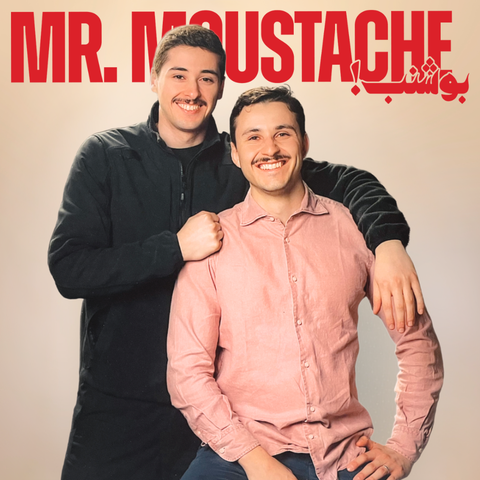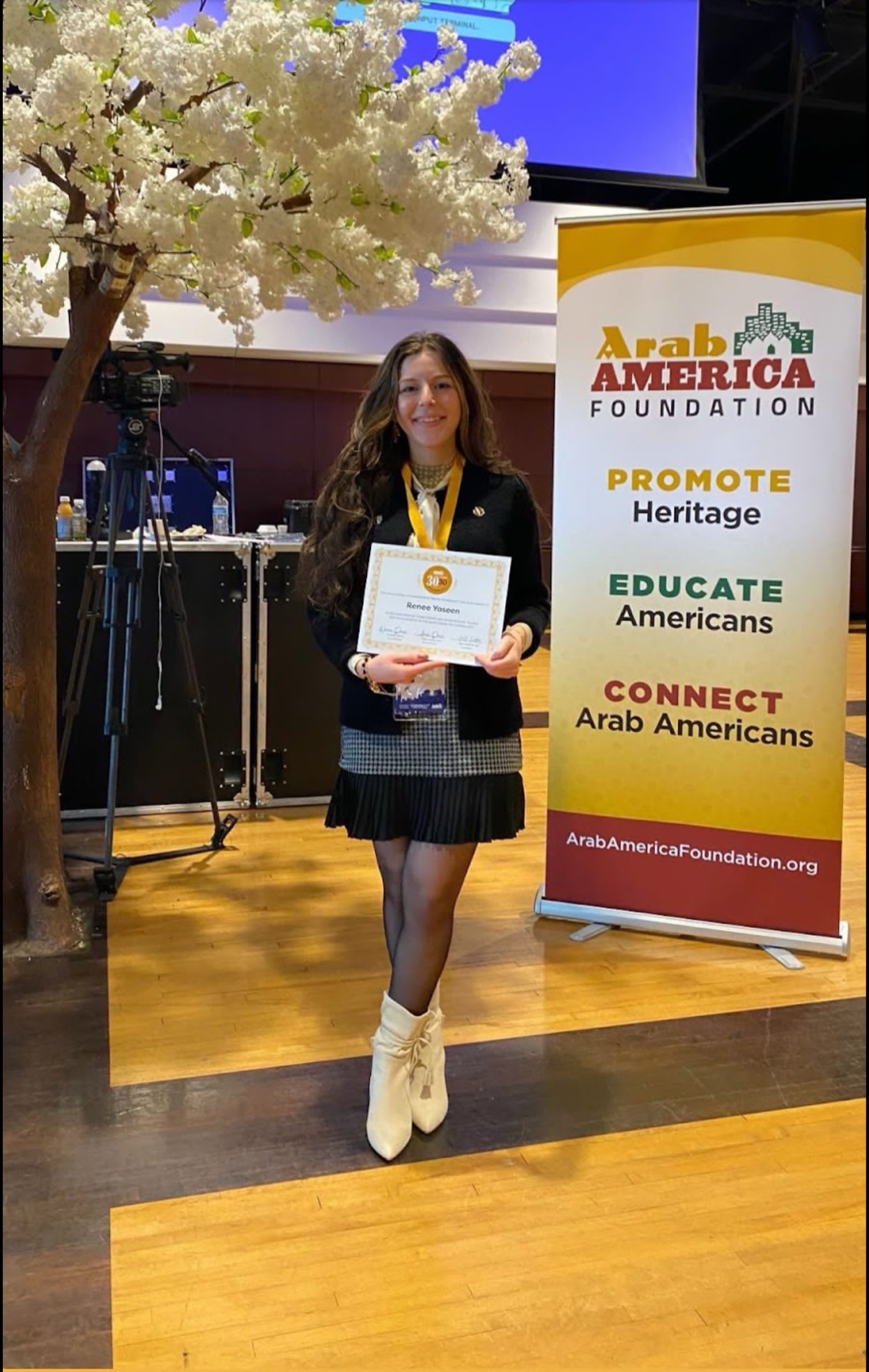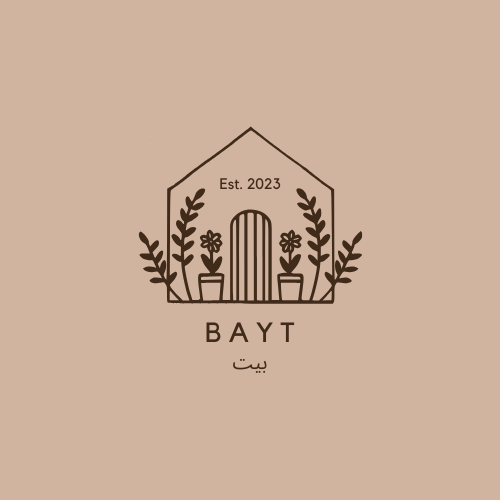BAYT Contributions
Here you can find literature, recipes, photography, and more produced by BAYT contributors

BAYT Interviews Ep. 7: Baladi Beats

BAYT Interviews Ep. 6: Hamza and Ghazi Bilbeisi

QussatHajer: The Creative Oasis of Hajer Rahee

Tacos Al Pastor: Lebanon’s Role in Mexican Gastronomy

BAYT Interviews Ep. 5: Julia Farhat

Elderly Loneliness Is Rife in Individualistic America. It’s Time for a Change.

BAYT Interviews Ep. 4: Omar Ammari

BAYT Interviews Ep. 3: Renee Yaseen

Mavericks of the Arab Diaspora by Sarah Behjet

Preserving our Heritage: Keeping the Flame of Arab Culture Alive

BAYT Interviews Ep. 2: Mina Hazim

BAYT Interviews Ep. 1: Sara Alduais

Lentil Soup Recipe

The Educational Scene in the Age of ChatGPT
School education in the past decade has evolved dramatically. With educators giving fewer paper exams and struggling to keep students engaged, technology has never been a more vital component in learning and education. However, important issues have emerged relating to such great technological emphasis in education. The most notable technological qualm many educators have is the commonplace reliance on ChatGPT, a chatbot that can provide users with detailed, informational responses to any prompt. Such an emerging technology initially seems benign, with its capabilities proving helpful in the process of idea generation or learning a new language. Despite this benefit, ChatGPT has completely tainted academic integrity, or lack thereof. Using ChatGPT responsibly has become increasingly difficult in a world where assignments and exams have become almost universally digital. Ronan Takizawa, a student at Colorado College, noted that ChatGPT is “no different” from sites such as YouTube, where informing an audience is at the forefront of its mission (Gecker, 2023). ChatGPT’s capabilities, however, are a double-edged sword. To Takizawa, the threat of ChatGPT is a matter of discipline: “Most students aren’t disciplined enough to not use ChatGPT” (Gecker, 2023).
Because of the temptations that are inherent with ChatGPT’s convenience, many students have used the application to prompt an essay fit for submission to a class assignment. Said essays have been solely produced by artificial intelligence, which gives students no right to claim ownership over the ideas expressed in submitted literature. Timothy Main, a professor of writing at Conestoga College, reported 57 issues concerning academic integrity in just one semester of his writing class. In the two semesters preceding the aforementioned, only eight academic integrity cases were reported in Main’s class, with artificial intelligence cheating accounting for approximately half of them (Gecker, 2023).
Contrastingly, some students seek to preserve their academic honesty by choosing not to use ChatGPT altogether. While this choice would seem to protect the originality of student-produced essays, the prevalence of ChatGPT in writing has undermined authenticity. Essays written without aid from ChatGPT have still been flagged by artificial intelligence detectors online. Tim Gorichanaz, an assistant teaching professor of information science at Drexel University, studied both the sentiment and frequency of student writers wrongly accused of utilizing ChatGPT. Gorichanaz found that 38 out of the 49 students studied had their original pieces flagged by detection programs such as Turnitin or GPTZero. Being wrongfully accused in such a way can rightfully be anxiety-provoking for students worldwide. To combat this, Gorichanaz explained, students provided ways “to prove that they had written an essay without AI, including tracking draft versions and using screen recording software” (Drexel University, 2023). In the age of ChatGPT, it is clear that desperate times call for desperate measures to prove one’s academic integrity.
Experts across the globe have proposed imposing limits on the use of artificial intelligence. John T. Hamilton, a professor of German and Comparative Language at Harvard University, has written that setting limits when using ChatGPT can provide all with meaningful boundaries. When one removes these limits, one destroys the honor system. Relying heavily on technological creations such as ChatGPT may lead to the loss of value in original writing. Hamilton explains that while ChatGPT is capable of critically thinking to produce infinite amounts of literature, writers may slowly lose this ability themselves (Duffy & Weil, 2023). Such is the heavy price one pays for forsaking creativity and originality. Even with ChatGPT’s omnipotence, originality in the educational realm can still flourish. Rather than weaponizing ChatGPT entirely, let it be used as a learning aid. When ChatGPT is used responsibly, the imaginativeness of the human mind remains as strong as ever.
References
Duffy, H., & Weil, S. E. (2023, February 23). ChatGPT, Cheating, and the Future of Education | Magazine. The Harvard Crimson. https://www.thecrimson.com/article/2023/2/23/chatgpt-scrut/
Gecker, J. (2023, August 10). Paper exams, chatbot bans: Colleges seek to 'ChatGPT-proof' assignments. AP News. https://apnews.com/article/chatgpt-cheating-ai-college-1b654b44de2d0dfa4e50bf0186137fc1
In the Age of ChatGPT, What's It Like to Be Accused of Cheating? (2023, September 12). Drexel University. https://drexel.edu/news/archive/2023/September/ChatGPT-cheating-accusation-analysis
